On February 20, South Korean President Yoon Suk Yeol called on young doctors to stop collective actions against the government's healthcare reform policy.
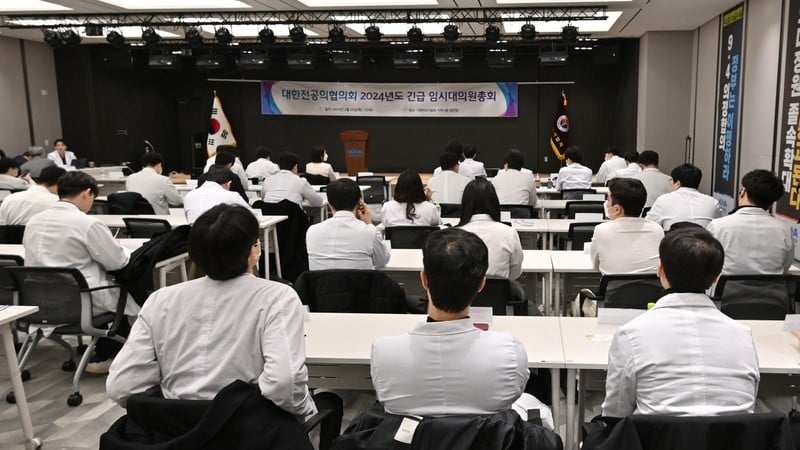 |
| Intern doctors attend an emergency meeting at the Korean Medical Association building on February 20. (Source: AFP) |
President Yoon Suk Yeol made the call during a Cabinet meeting after more than 6,400 resident doctors resigned en masse and about 1,600 of them quit in protest against the government 's plan to increase enrollment quotas for medical schools, Yonhap reported.
“Residents who play a key role in the medical field and medical students who play a key role in the future of medicine should not take collective actions that take people's lives and health hostage,” said Mr. Yoon.
According to the leader, along with national security and public safety, protecting people's lives and safety is the reason for the state's existence and the government's most basic constitutional responsibility.
He also called on the government to make every effort to protect people's lives and health amid the doctors' strike.
On February 19, South Korean Prime Minister Han Duck-soo chaired a meeting of relevant Ministers to discuss solutions to deal with this "boiling oil and fire" situation.
At the meeting, Mr. Han Duck-soo emphasized the need to minimize inconvenience to the people, especially not letting seriously ill patients in need of emergency care fall into dangerous situations.
Interns at the five largest hospitals in the Northeast Asian country, including Seoul National University Hospital, Seoul Asan Hospital, Severance Hospital, Seoul Samsung Hospital, and Seoul St. Mary's Hospital, agreed to submit their resignations en masse on February 19 and quit their jobs starting at 6 a.m. on February 20.
The South Korean Ministry of Education also said that 1,133 students from seven medical schools nationwide have applied for leave of absence.
The moves are aimed at protesting the government's plan to increase medical school admissions by 2,000 next year, from the current 3,058.
The government says the increase is necessary to address a shortage of doctors, especially in rural areas and in essential health care, while protesting doctors' groups say a better solution would be to increase their salaries and protect them from malpractice lawsuits.
There are about 13,000 resident physicians working in hospitals across Korea. A strike by resident physicians, who are key personnel in emergency care, would inevitably cause chaos in the medical treatment situation.
Source



![[Photo] Hanoi morning of October 1: Prolonged flooding, people wade to work](https://vphoto.vietnam.vn/thumb/1200x675/vietnam/resource/IMAGE/2025/10/1/189be28938e3493fa26b2938efa2059e)












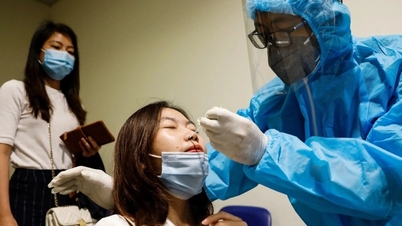











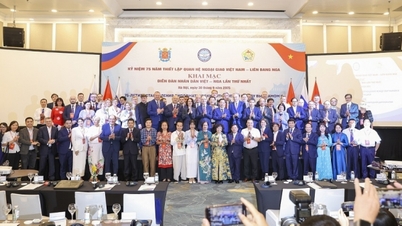
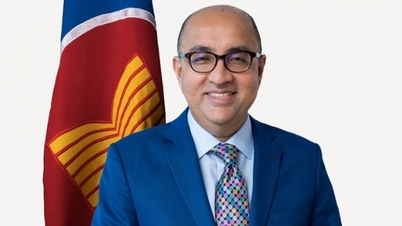
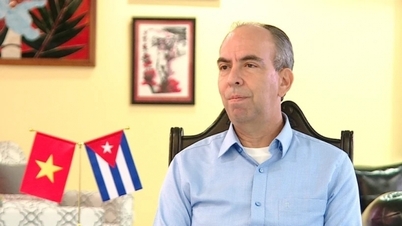
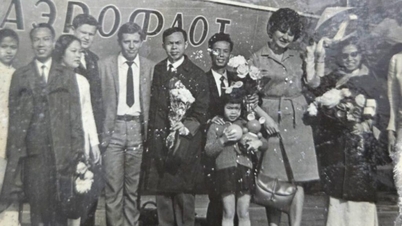


![[Photo] Panorama of the cable-stayed bridge, the final bottleneck of the Ben Luc-Long Thanh expressway](https://vphoto.vietnam.vn/thumb/1200x675/vietnam/resource/IMAGE/2025/9/30/391fdf21025541d6b2f092e49a17243f)
![[Photo] President Luong Cuong receives President of the Cuban National Assembly Esteban Lazo Hernandez](https://vphoto.vietnam.vn/thumb/1200x675/vietnam/resource/IMAGE/2025/9/30/4d38932911c24f6ea1936252bd5427fa)






















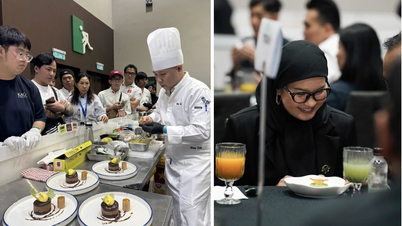
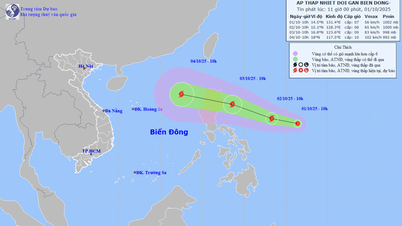
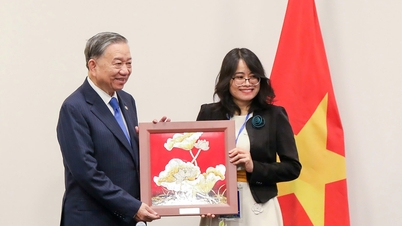

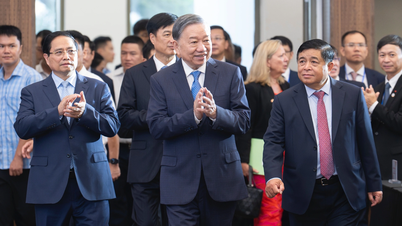
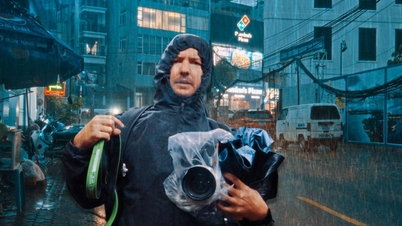



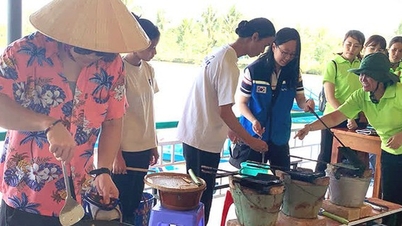


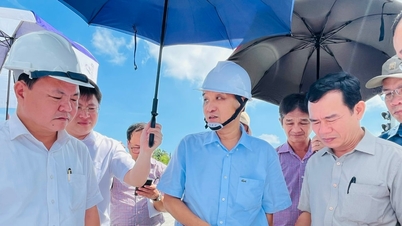

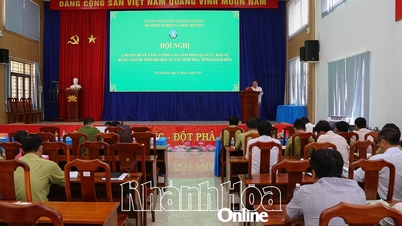

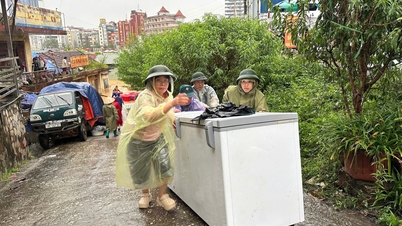

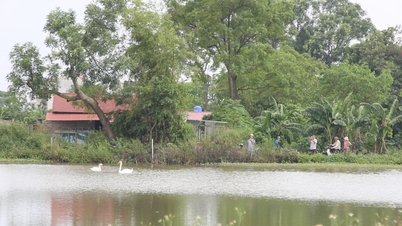



















Comment (0)